Natural Ways To Control High Blood Pressure
Imagine you’re at the doctor’s office, anxiously awaiting the results of your blood pressure test. The nurse checks the monitor and frowns, informing you that your blood pressure is higher than it should be. You’re not alone—millions of people worldwide struggle with high blood pressure. But what if there were natural ways to control high blood pressure without resorting to medication? In this blog post, we’ll discuss ten natural strategies that can help you take charge of your blood pressure and enjoy a healthier life.
Key Takeaways
- Incorporate a heart-healthy diet, embrace the DASH diet, increase potassium intake and reduce processed foods for improved blood pressure control.
- Engage in regular physical activity to benefit your blood pressure levels.
- Manage stress effectively and limit alcohol consumption by adhering to recommended guidelines for better health outcomes.
Incorporating a Heart-Healthy Diet

Adopting a heart-healthy diet is a powerful tool for controlling high blood pressure. This includes embracing the DASH diet, boosting potassium intake, and cutting down on processed foods, all of which can significantly impact your blood pressure and overall health.
A well-rounded diet can be your secret weapon in the fight against hypertension, helping you to avoid the need for blood pressure medications and live a more energetic, vibrant life. Let’s examine these three crucial elements of a heart-healthy diet more closely.
Embracing the DASH Diet
The DASH (Dietary Approaches to Stop Hypertension) diet is a proven method for lowering blood pressure. It focuses on consuming a variety of fruits, vegetables, and whole grains, while limiting saturated fat, cholesterol, and total fat. Adherence to the DASH diet can lead to a reduction of up to 11 mmHg in systolic blood pressure.
The key to success with the DASH diet is not only adhering to low-sodium and high-potassium guidelines but also maintaining a healthy weight and managing stress. Consulting with a dietitian or nutritionist can help you better understand the fundamentals of this powerful dietary approach to blood pressure reduction.
Increasing Potassium Intake
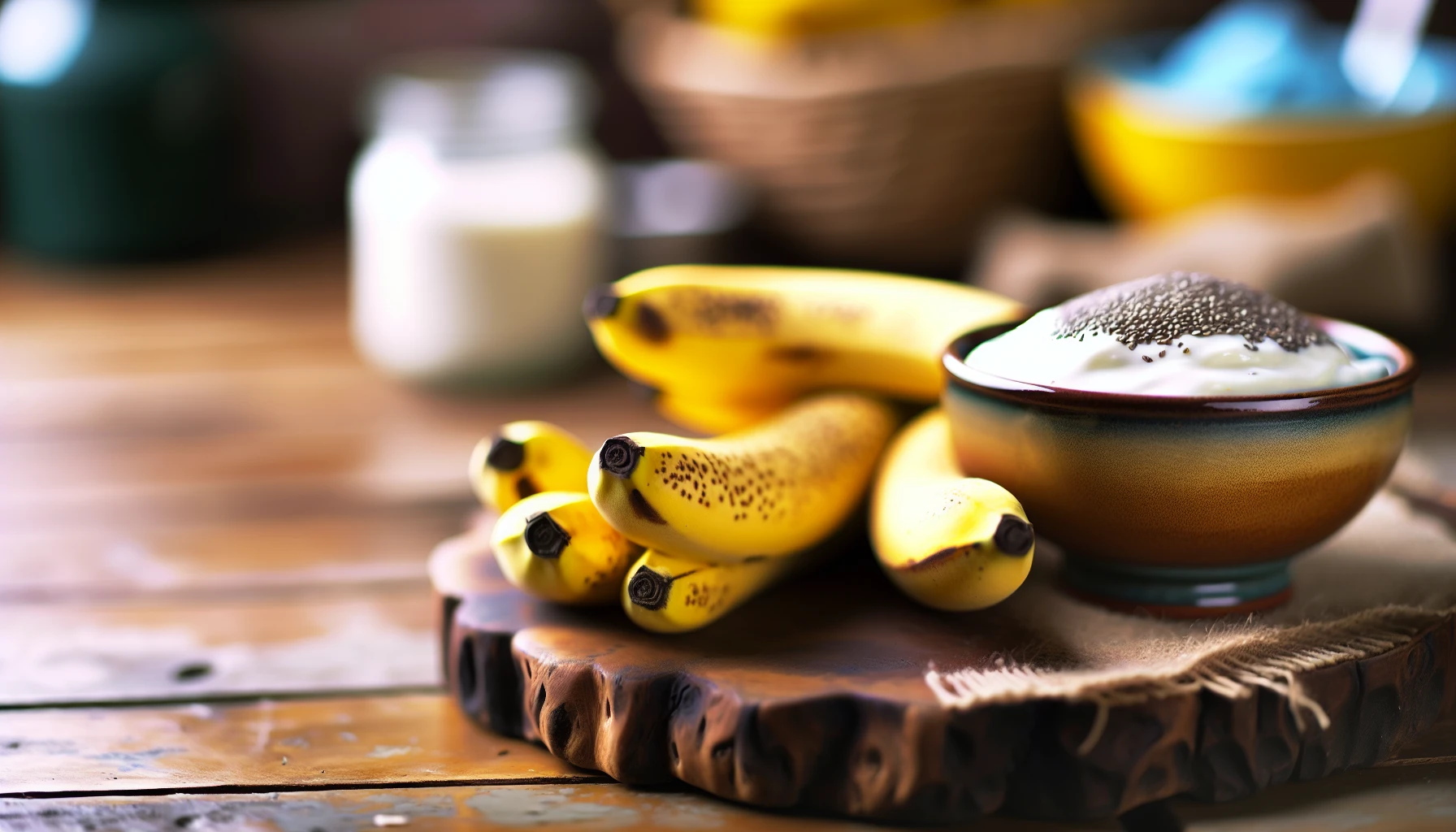
Potassium is a crucial mineral that plays a vital role in regulating blood pressure. Consuming more potassium-rich foods can counteract the effects of sodium and help lower blood pressure. To increase your potassium intake, focus on incorporating more fruits and vegetables into your diet, such as:
- Bananas
- Oranges
- Potatoes
- Spinach
Such a dietary change can result in lower blood pressure levels, with a decrease of 4 to 5 mmHg for those with hypertension.
Remember, it’s best to obtain potassium from natural food sources rather than supplements, as they provide a host of additional health benefits.
Reducing Processed Foods
Processed foods are often high in sodium, which can raise blood pressure levels. Cutting back on processed foods can significantly reduce your sodium intake and contribute to better blood pressure control. Some examples of processed foods to avoid include:
- Bacon
- Sausage
- Hot dogs
- Chips
- Crackers
Additionally, incorporating natural ingredients like garlic into your diet can also help lower blood pressure.
Taking the initiative to consume fewer processed foods and focus on whole, natural ingredients lets you manage your blood pressure effectively and promotes better overall health.
Engaging in Regular Physical Activity

Physical activity is another vital component of blood pressure control. Regular exercise, including aerobic exercises, strength training, and flexibility exercises, not only helps lower blood pressure but also improves overall cardiovascular health and well-being. Engaging in just 2.5 hours of moderate-intensity exercise per week, or about 30 minutes a day, 5 days a week, can lead to significant improvements in your blood pressure levels.
Now, let’s examine various physical activities that are beneficial in maintaining healthy blood pressure levels.
Aerobic Exercises
Aerobic exercises, such as:
- walking
- cycling
- jogging
- swimming
are particularly effective at lowering blood pressure. Engaging in at least 150 minutes per week of moderate-intensity activity or 75 minutes per week of vigorous activity can help you manage your blood pressure effectively.
Including regular aerobic activities in your daily routine can lead to a notable reduction of 4-8 mmHg in blood pressure and enhance heart health.
Strength Training
Strength training, such as weight lifting, resistance band exercises, or bodyweight exercises, can also contribute to blood pressure control and overall fitness. Dynamic resistance exercises, like bicep curls with weights, and isometric resistance exercises, such as wall push-ups, have been shown to be beneficial for lowering blood pressure.
Engaging in strength training two to three times weekly can help you maintain a healthy weight and support blood pressure management.
Flexibility and Balance Activities
Flexibility and balance activities, such as yoga, tai chi, and Pilates, can help maintain overall health and prevent injuries. While these activities may not have a direct effect on heart health, they can support general musculoskeletal health, which is essential for overall well-being.
Including these exercises in your regular workout routine can help you stay fit, agile, and better prepared to tackle other physical activities that do directly benefit your blood pressure and heart health:
- Walking or jogging
- Swimming
- Cycling
- Strength training
- Yoga or Pilates
Managing Stress Effectively

Stress can have a powerful effect on our health. It is one of the main contributors to high blood pressure. Managing stress through mindfulness techniques and finding support from friends, family, or support groups can help you control high blood pressure and lead a more balanced, peaceful life.
Let’s delve into how these stress management strategies can aid in effective blood pressure control.
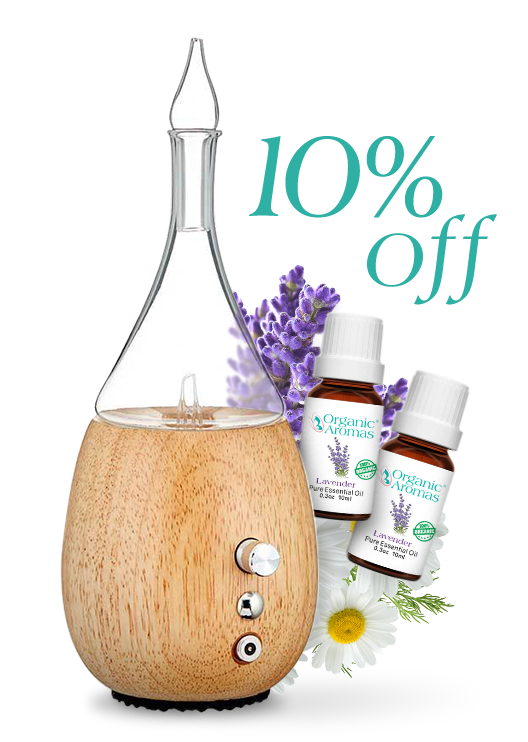
Join Now and Get a Coupon for 10% Off!
Mindfulness Techniques
Practicing mindfulness techniques, such as meditation, deep breathing exercises, and progressive muscle relaxation, can help reduce blood pressure and lower blood pressure. Incorporating these techniques into your daily routine can foster a sense of calm and balance, positively influencing your blood pressure levels.
Engaging in just 5 to 10 minutes of mindfulness practice daily can make a noticeable difference in your stress levels and overall well-being.
Finding Support
Seeking support from friends, family, or support groups can provide emotional and practical assistance in managing high blood pressure. Surrounding yourself with a strong support network can help you navigate the challenges of maintaining a healthy lifestyle and coping with the stress that may contribute to high blood pressure.
Remember, you don’t have to go through this journey alone; finding support can make all the difference in your success.
Achieving and Maintaining a Healthy Weight

Achieving and maintaining a healthy weight can significantly impact blood pressure control. Excess weight puts additional strain on your heart and blood vessels, making it harder for them to function efficiently. Losing as little as 10 pounds can help improve your blood pressure levels and reduce your risk of health complications related to high blood pressure.
Let’s explore some tactics for setting attainable weight loss goals and keeping track of your progress.
Setting Realistic Goals
Setting realistic weight loss goals is crucial for long-term success in managing high blood pressure. Aim to lose at least 5kg (11 pounds) to see a significant reduction in blood pressure. Focus on making healthy choices daily, such as eating a balanced diet, engaging in regular physical activity, and managing stress.
Establishing realistic goals and steadily working towards them helps keep your motivation high and results in enduring improvements to your blood pressure and overall health.
Monitoring Progress
Regularly monitoring your progress can help you maintain motivation and track improvements in your blood pressure levels. This may involve:
- regularly weighing yourself
- tracking your food intake and exercise habits
- monitoring your blood pressure at home or during regular checkups with your healthcare provider.
Monitoring your progress closely allows for necessary lifestyle adjustments, ensuring you remain on the path to achieving and maintaining a healthy weight and blood pressure.
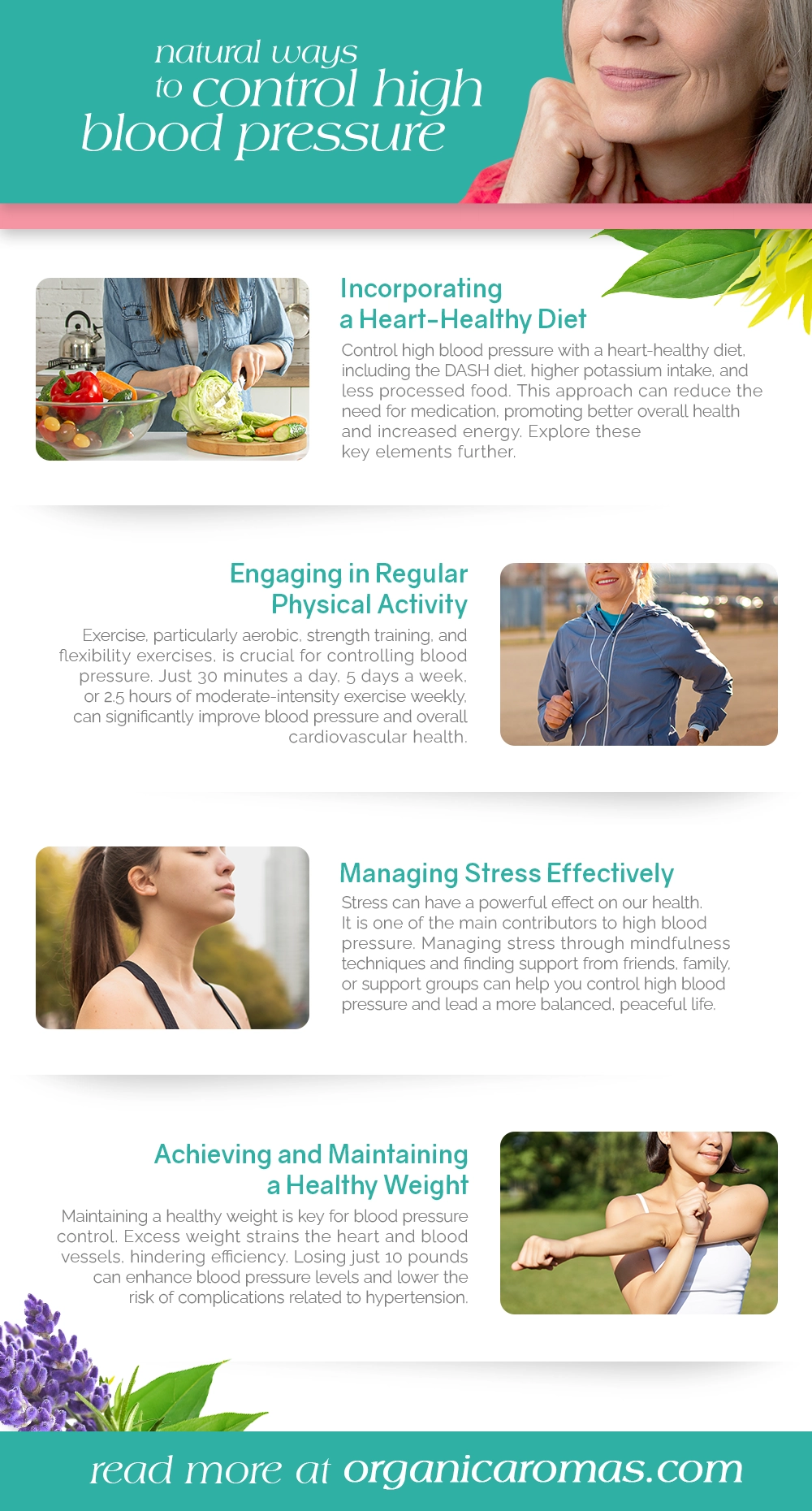
Limiting Alcohol Consumption
Limiting alcohol consumption can play a significant role in controlling high blood pressure and improving overall health. Excessive alcohol consumption can raise blood pressure and reduce the effectiveness of blood pressure medications. Understanding safe limits and implementing strategies to cut back on alcohol can help you reduce its impact on your blood pressure and overall health.
Understanding Safe Limits
Understanding safe alcohol limits and adhering to them can contribute to better blood pressure control. It’s generally advised that men should consume no more than two drinks per day and women no more than one drink per day.
Adhering to these guidelines ensures that your alcohol consumption doesn’t adversely affect your blood pressure levels or overall health.
Tips for Cutting Back
Implementing strategies to cut back on alcohol can help reduce its impact on your blood pressure. Some tips for cutting back include:
- Setting specific alcohol consumption goals
- Finding alternative ways to cope with stress
- Avoiding situations where you may be tempted to drink
- Seeking support from friends, family, or support groups
Consciously limiting alcohol intake can lead to improved blood pressure control and overall well-being.
Quitting Smoking
Quitting smoking is a crucial step in lowering blood pressure and reducing the risk of heart disease. Smoking can be damaging to our health. It can raise blood pressure levels which can lead to serious ailments. By quitting smoking, you can enjoy immediate and long-term benefits, such as improved blood pressure and overall health.
Let’s delve deeper into the benefits of quitting smoking and the resources available to help you quit.
Immediate and Long-Term Benefits
The immediate and long-term benefits of quitting smoking include improved blood pressure and overall health. Within just 20 minutes to an hour of quitting, your heart rate and blood pressure will start to decrease. Over time, you’ll also reduce your risk of heart disease, stroke, and other health complications related to high blood pressure.
Quitting smoking marks a vital step towards improved blood pressure control and a healthier life.
Resources for Quitting
Utilizing resources and support for quitting smoking can increase your likelihood of success. Here are some options to consider:
- Reach out to healthcare providers
- Access free resources from organizations such as the FDA and the NCI’s Smoking Quitline
- Join support groups like the American Lung Association’s Freedom From Smoking program
Utilizing these resources and committing to quit smoking can bring about substantial improvements in your blood pressure and overall health.

Join Our Exclusive Member Club to get Big Discounts!
Prioritizing Quality Sleep
Quality sleep is essential for controlling high blood pressure and maintaining overall health. During sleep, your body undergoes various processes that help regulate hormones, manage stress, and repair blood vessels.
Ensuring that you get enough quality sleep can have a significant impact on your blood pressure levels and overall well-being. Let’s delve into the significance of sleep and some strategies for enhancing its quality.
The Importance of Sleep
Getting enough sleep is crucial for blood pressure control and overall well-being. Studies have shown that individuals who sleep six hours or less per night are more likely to experience increases in blood pressure. Furthermore, a lack of sleep can exacerbate existing high blood pressure.
Prioritizing quality sleep, typically seven to nine hours per night, is essential for maintaining healthy blood pressure levels and overall health.
Tips for Better Sleep
Improving your sleep quality can contribute to better blood pressure management. Some tips for better sleep include:
- Establishing a consistent sleep schedule
- Creating a relaxing bedtime routine
- Ensuring your sleep environment is comfortable and conducive to sleep
- Avoiding caffeine and electronic devices close to bedtime
Implementing these strategies can lead to improved sleep quality and better blood pressure management.
Monitoring Blood Pressure Regularly
Regular blood pressure monitoring is essential to ensure proper control and early detection of potential issues. By keeping track of your blood pressure at home and during regular checkups with your healthcare provider, you can bring blood pressure to optimal levels, make necessary adjustments to your blood pressure management strategies, and maintain optimal health.
Let’s examine the benefits of home monitoring and regular health checkups.
Home Monitoring
Home monitoring can provide valuable information on blood pressure trends and help identify potential triggers that may be contributing to high blood pressure. Regularly measuring your blood pressure at home offers a clearer understanding of your blood pressure patterns, allowing for necessary lifestyle and treatment adjustments.
Consult your healthcare provider before starting home monitoring to ensure you’re using the correct equipment and technique.
Regular Checkups
Regular checkups with a healthcare provider can help you track your progress and make necessary adjustments to your blood pressure management strategies. During these checkups, your healthcare provider will:
- Assess your blood pressure
- Discuss any concerns or symptoms you may be experiencing
- Provide guidance on lifestyle changes, such as diet and exercise, that can help control high blood pressure.
Frequent checkups are key to ensuring well-managed blood pressure and minimizing the risk of complications associated with high blood pressure.
Using Aromatherapy to Control High Blood Pressure
Aromatherapy can be a complementary approach to controlling high blood pressure, using essential oils known for their calming properties. By incorporating essential oils such as lavender, ylang-ylang, and bergamot into your daily routine, you may experience a reduction in blood pressure and an overall sense of relaxation.
Let’s uncover the best essential oils for high blood pressure and learn how to use them safely and effectively.
Best Essential Oils for High Blood Pressure
Some essential oils, such as lavender and ylang-ylang, have been shown to help lower blood pressure when used correctly. Lavender oil, for example, has been found to enhance relaxation and reduce stress and anxiety, which can help lower blood pressure.
Ylang-ylang essential oil has also been associated with decreased blood pressure and emotional relaxation. Incorporating these essential oils into your daily routine may provide a natural and soothing method to control high blood pressure.
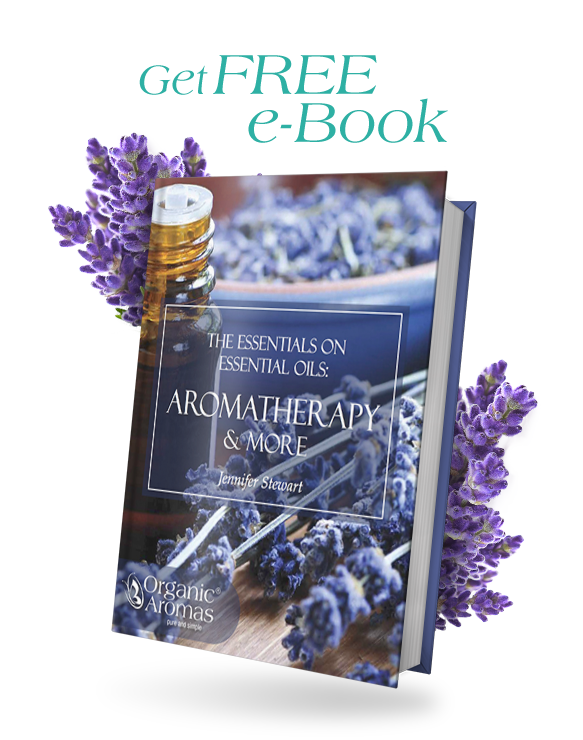
Sign Up to Get Your FREE
e-Book Here…
How to Use These Oils to Control Blood Pressure
Using essential oils for blood pressure control can be achieved through:
- Diffusion: Add a few drops of lavender or ylang-ylang oil to a diffuser and allow the calming scent to fill the room.
- Massage: Mix essential oils with a carrier oil and apply it to your skin as a massage oil.
- Inhalation: Simply inhale the scent directly from the bottle.
It’s vital to always abide by safety precautions and consult with a healthcare professional prior to using essential oils for blood pressure management.
Precautions
Always follow safety precautions and consult with a healthcare professional before using essential oils for blood pressure management. Some essential oils can interact with medications or cause adverse reactions in certain individuals. Be sure to use high-quality, pure essential oils and dilute them with a carrier oil before applying them to your skin.
Do not ingest essential oils, as they can be toxic. If you’re pregnant, nursing, or have a pre-existing medical condition, consult with your healthcare provider before incorporating essential oils into your blood pressure management routine.
Implementing these natural strategies can help you control high blood pressure without medication, leading to improved overall health and well-being. By incorporating:
- a heart-healthy diet
- engaging in regular physical activity
- managing stress
- achieving and maintaining a healthy weight
- limiting alcohol consumption
- quitting smoking
- prioritizing quality sleep
- monitoring blood pressure regularly
- using aromatherapy
You can take control of your blood pressure and enjoy a healthier, happier life by considering the use of blood pressure medication to lower high blood pressure.
It’s always important to consult with your healthcare provider before making any major lifestyle changes to confirm they’re safe and suitable for your specific needs.
Summary
Controlling high blood pressure naturally can be achieved through a combination of lifestyle changes and complementary therapies. By adopting a heart-healthy diet, staying active, managing stress, maintaining a healthy weight, limiting alcohol, quitting smoking, prioritizing sleep, monitoring blood pressure, and using aromatherapy, you can take charge of your health and lower your blood pressure without the need for medication. Embrace these natural strategies and embark on your journey toward improved overall well-being and a healthier life.
Frequently Asked Questions
How can I bring my blood pressure down fast naturally?
Lowering your blood pressure naturally can be done by reducing your sodium intake, increasing your potassium consumption, probiotic-rich food, exercising regularly, losing excess weight, managing stress, deep breathing, drinking water, dark chocolate, quitting smoking and limiting alcohol.
What natural drink is good for high blood pressure?
For people with high blood pressure, water and various types of fruit and vegetable juices, as well as skim milk and green tea, can help control their blood pressure. Additionally, research has shown that adding minerals such as magnesium and calcium to water can further aid in lowering blood pressure.
How can I use essential oils to help lower my blood pressure?
Consult a healthcare professional and then incorporate essential oils into your routine to help lower your blood pressure through diffusion, massage, or inhalation.
How often should I monitor my blood pressure at home?
It is recommended to assess your blood pressure at home at least twice a day for a week initially, then monitor it regularly, at least annually.
What are the immediate and long-term benefits of quitting smoking for blood pressure control?
Quitting smoking can immediately lower heart rate and blood pressure, and in the long run help reduce risk of heart disease, stroke, and other health complications related to high blood pressure.

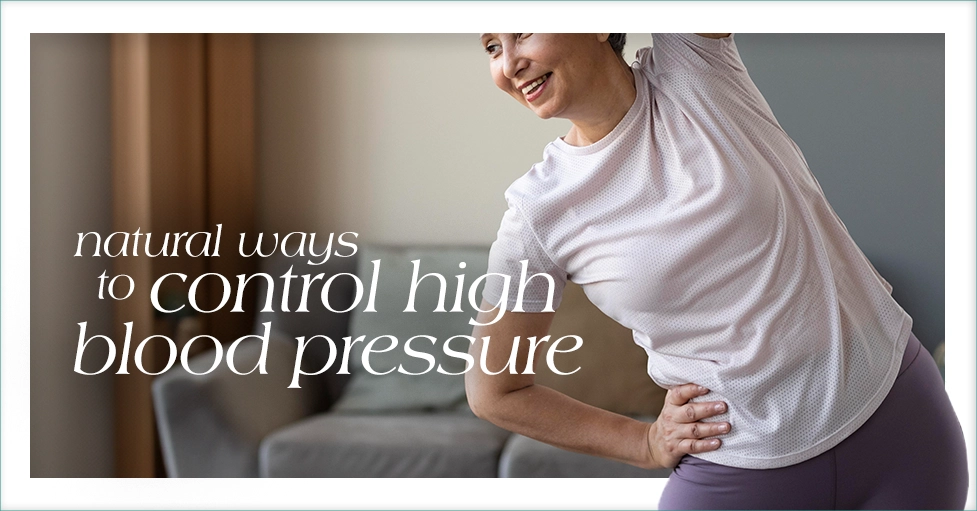
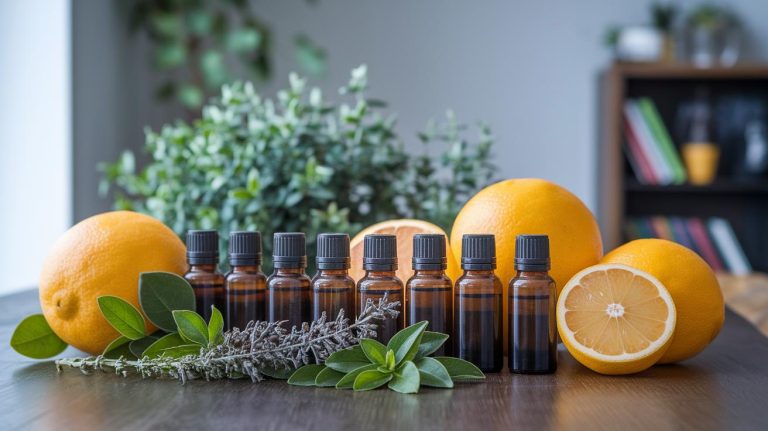
I really need to try this.
So, no carrier oil needs to be added to the mix? Thanks
I take one drop of Vetiver under my tongue daily. Helps tremendously with my severe anxiety!!! I’ve never used anything in my life that has helped the way Vetiver has. I would not recommend using any other oils than dōTERRA essential oils, they are the most pure.
My son suffers from anxiety, I’m trying to get him in to oils. What do you suggest he take. Can I get them from you or can you suggest where I can get them. Thank you !!
We are so new to this our opinion wouldn’t would be nebulous.
Thanks for the blend recipe…. And the great tips !
Great info!
Interesting
so far I am lucky and don’t have this problem……….but I do believe that it will help others with this……… have passed this on
What a great read! Thanks for sharing!
Very informative article. I will definately be diffusing the high blood pressure blend tonight in my Radiance diffuser.
This has great information and I do know people with high blood pressure so this should help.
This is wonderful, will be sharing this article I have too many older family members on medication for this!
This is great info for my husband! He has been working on lowering his high blood pressure, and he has managed to get it down to a normal range, but only with medication (along with exercise and diet). He’d love to be able to cut out the medicines, so maybe there are some alternatives here that would work for him!
I know someone who is dealing with high blood pressure at the moment. So this is great information to share. Need to stock up on some oils now! Thanks a ton!
This is great info. Would love to see bergamot on your site 😉
Amazed at the craftsmanship and the benefits of aroma oil diffuser!
I received my teardrop oil diffuser yesterday. What an absolutely beautiful product! Looking forward to the health benefits associated with using it. Kindest regards!
Is there an alternative to bergamot in the ylang ylang and lavender mixture?
I love lavender’s scent! What great information to know and share with friends and family 🙂 this sounds like it would help me relax after a long day. Thanks for this article!!
The article regarding blood pressure and the use of essential oils along with self care tips was so informative!
I LOVE this post. I was not sure how to use the oils for High BP. I have seriously high BP much of time, mostly due to lack of sleep, and not taking enough “me” time. ( What is “me” time?! LOL.. I know.. just lax in accomplishing it.) I have been known to carry everyone else’s burdens.. I love lavender, when it is not too highly concentrated. And ws so surprised to see that when added to lavender, yland ylang and bergamot – two of my absolute fave aromas- help to reduce BP in some people! Cannot wait to try!
Interesting read. Lavender oil is very relaxing
Wow! Really interesting read. I loved this article and learned something completely new. I can’t wait to try this! ? I’m excited to try both the blends mentioned and see the difference in how I feel.
I love the many, amazing uses for essential oils! They really are a gift from nature, that help to heal us and keep us healthy. Thanks for this wonderful article.
Useful info, thanks